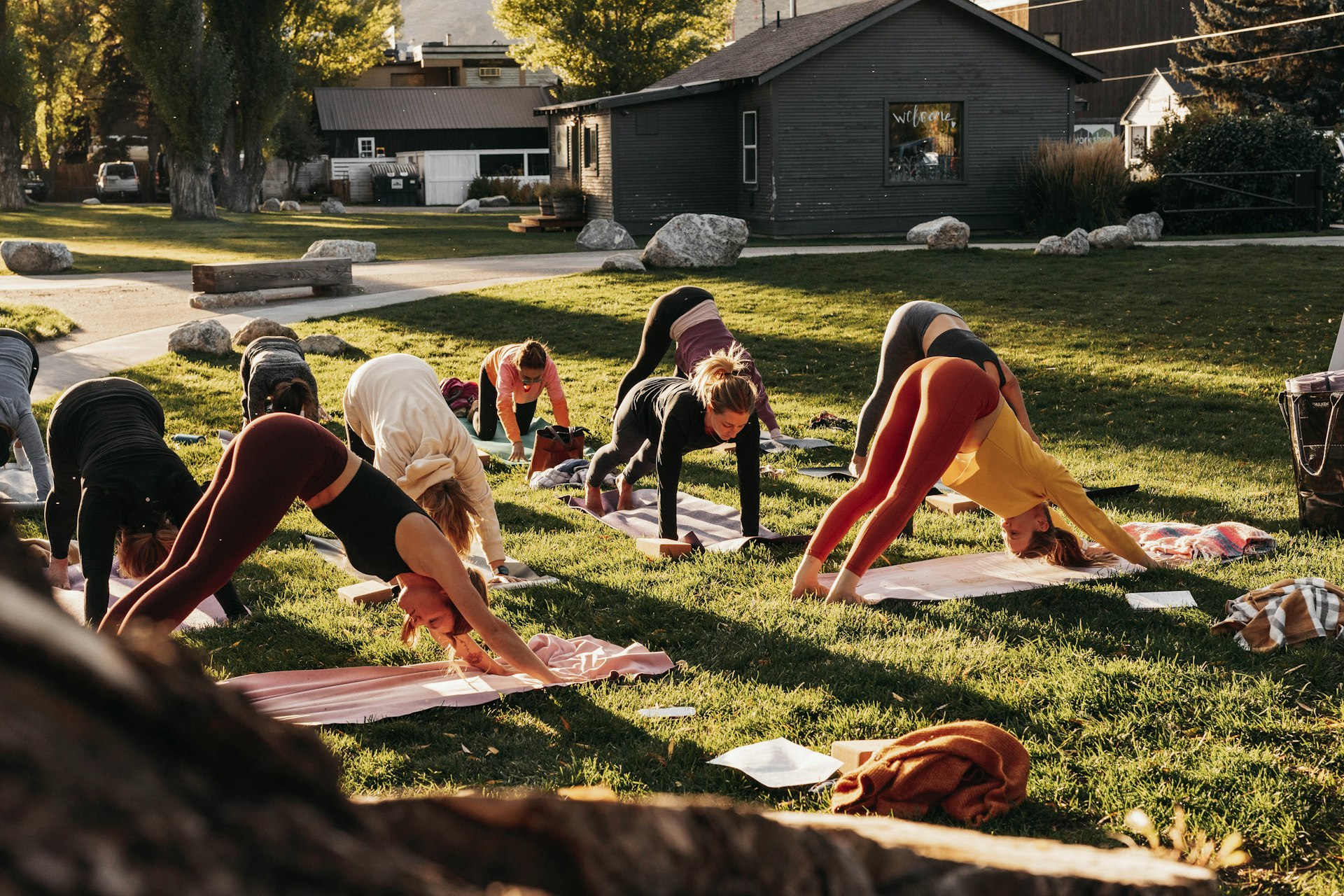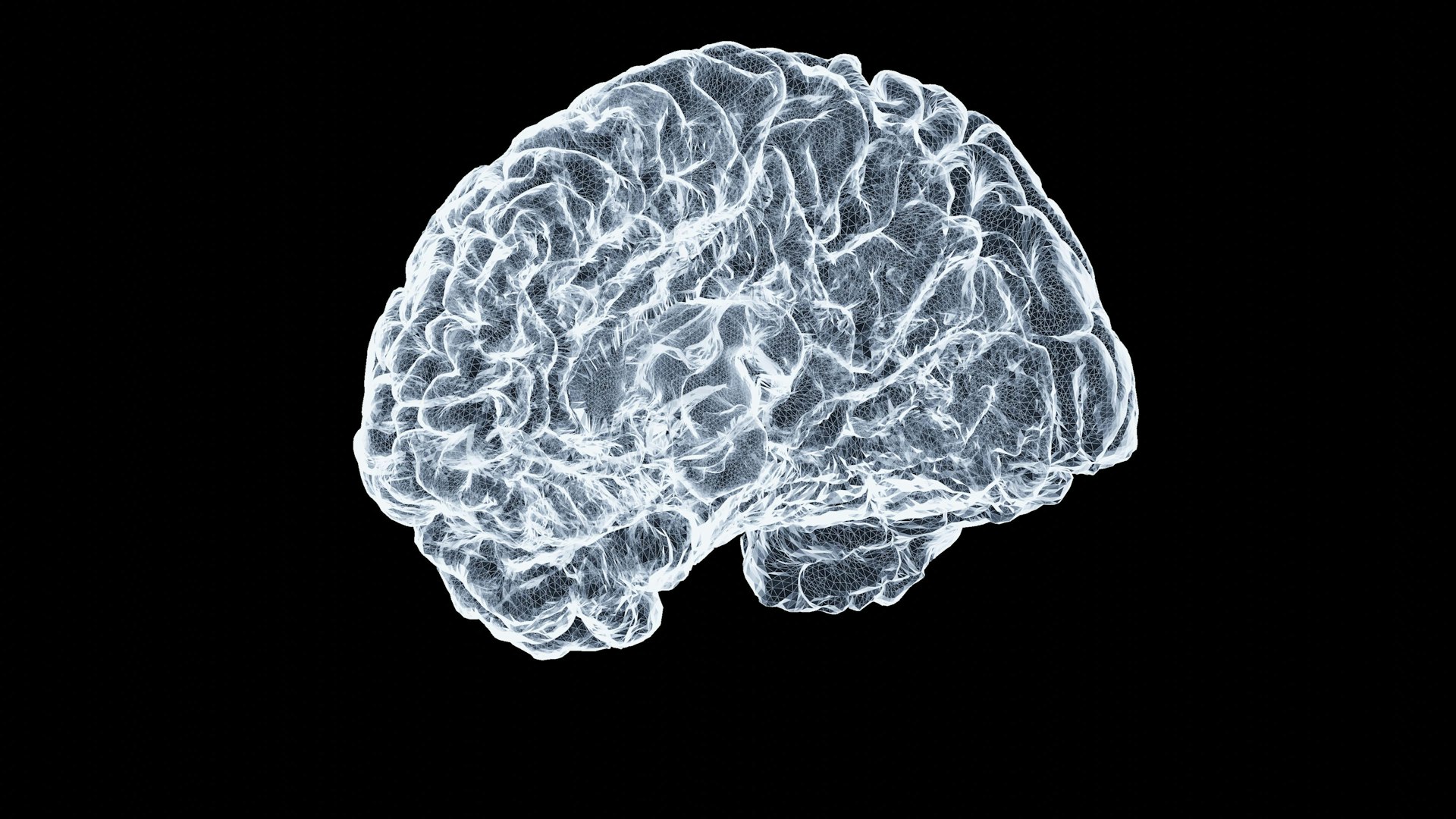Unlocking Lasting Wellness: The Importance of Holistic Postpartum Care for New Mothers

Photo by Trung Nhan Tran on Unsplash
Introduction: The Critical Need for Holistic Postpartum Care
The postpartum period, known as the “fourth trimester,” is a transformative phase for new mothers. While the arrival of a baby is often met with joy, the recovery journey for mothers is complex and multifaceted, involving significant physical, emotional, and social adjustments. Holistic postpartum care is gaining recognition as a crucial foundation for long-term health and well-being, going beyond routine medical check-ups to address the complete spectrum of a mother’s needs. This article explores why a holistic approach matters, what it looks like in practice, and how families can access meaningful support during this pivotal time.
Understanding Holistic Postpartum Care
Holistic postpartum care is an integrative approach that supports mothers physically, emotionally, and socially after childbirth. Instead of focusing only on physical recovery, it incorporates nutrition, rest, gentle movement, mental health, and personalized support systems. According to the World Health Organization (WHO), quality postnatal care should include essential health checks, nutritional guidance, mental health support, and education for mothers and families [1] . The American College of Obstetricians and Gynecologists recommends that postpartum care should be ongoing, tailored to each woman’s needs, and begin within the first three weeks after delivery [2] .
Key Components of Holistic Postpartum Care
- Physical Recovery: Supporting the body’s healing process through rest, balanced nutrition, and gentle exercise.
- Mental and Emotional Health: Addressing mood changes, stress, and postpartum depression through counseling, peer support, and mindfulness.
- Social Support: Building a network of care, including family, friends, and professionals to reduce isolation and enhance confidence in motherhood.
- Natural Remedies: Utilizing evidence-based therapies such as herbal teas, essential oils, and gentle bodywork to promote comfort and relaxation [3] .
The Benefits of Holistic Postpartum Care
Research consistently demonstrates that comprehensive postpartum support leads to better outcomes for both mothers and babies. According to the Journal of Perinatal Education, a mother’s health after delivery is the most important factor affecting her child’s well-being [2] . Holistic care can help mothers recover physically, reduce the risk of postpartum depression, and strengthen the parent-infant bond.
Physical Recovery and Prevention of Complications
Physical exhaustion and fatigue are common after childbirth, increasing the risk of complications like postpartum depression. Dedicated rest and support-such as assistance with infant care and meal preparation-allow mothers to heal effectively. Evidence shows that fatigue in the first two weeks postpartum is a strong predictor of postpartum depression later on [2] . Practical strategies include scheduling regular rest periods, seeking help with household tasks, and prioritizing nutrient-dense meals.
Emotional Wellbeing and Mental Health
Mental health is a critical aspect of postpartum recovery. Emotional support, counseling, and mindfulness practices can help mothers process the changes and challenges that come with new motherhood. Studies highlight the importance of ongoing support from family, friends, and professionals to buffer against negative mental health outcomes. Positive postnatal care enables women to adapt to their new identity, develop confidence, and understand the physical and emotional changes of motherhood [4] .
Strengthening Family and Social Support
Social support is one of the greatest protective factors against postpartum complications. Involving partners, extended family, and community resources helps mothers feel less isolated and more empowered. Home-based postpartum visits, nonjudgmental guidance from healthcare workers, and participation in support groups are proven strategies to enhance social well-being [4] .
Natural and Integrative Healing Approaches
Holistic postpartum care often includes the use of natural therapies, such as herbal teas for relaxation, aromatherapy for mood support, and gentle bodywork for stress relief. While these methods are not replacements for medical care, they can complement conventional approaches and enhance comfort during recovery [3] . It is important to consult with qualified practitioners before starting any new remedy.
Accessing Holistic Postpartum Services: Step-by-Step Guidance
Obtaining comprehensive postpartum care may involve multiple pathways, from self-advocacy in healthcare settings to engaging with community-based programs. Here is a step-by-step guide for accessing holistic postpartum support:
- Consult Your Healthcare Provider: At your postpartum check-up, discuss your physical and emotional needs. Ask about available support services, such as lactation consultants, mental health counselors, and nutritionists.
- Explore Community Resources: Local hospitals, community health centers, and maternal wellness organizations often offer postpartum classes and support groups. You can search for “postpartum support services” in your area or contact your local health department for a list of reputable programs.
- Connect with a Holistic Doula or Postpartum Specialist: Organizations such as National Baby Co. help match families with vetted holistic postpartum providers across the United States. You can begin by completing their online intake questionnaire and reviewing personalized provider matches for services and pricing [5] .
- Leverage Telehealth and Online Support: Many practitioners now offer virtual visits for new mothers. Look for certified providers or licensed therapists specializing in maternal health.
- Involve Your Support Network: Ask family and friends for help with daily tasks, encourage open conversations about your needs, and consider joining online forums or peer groups dedicated to postpartum wellness.
Alternative Approaches and What to Do If Services Are Limited
Not all areas have easy access to holistic postpartum programs. If you are unable to find in-person services:
- Consider virtual support groups or telehealth counseling sessions focused on maternal health.
- Search for online resources and educational content from reputable sources, such as the World Health Organization or local maternal health agencies.
- Ask your primary care provider or OB/GYN for referrals to specialists, even if remote consultations are needed.
Potential Challenges and Practical Solutions
Some mothers may face barriers to accessing holistic postpartum care, including lack of awareness, limited resources, or financial constraints. Solutions include:
- Advocacy: Speak openly with your healthcare team about your needs and ask for referrals to community programs or support networks.
- Education: Educate family members about the importance of holistic postpartum care, so they can better support you during recovery.
- Flexible Scheduling: If formal support is unavailable, set realistic expectations and make time for rest, self-care, and connection with others.
Key Takeaways and Next Steps
Holistic postpartum care is essential for the long-term well-being of mothers and their families. By prioritizing physical recovery, emotional health, and social support, families can lay the groundwork for a positive transition into parenthood. To access these benefits, new mothers are encouraged to:
- Initiate conversations with healthcare providers about postpartum needs.
- Seek out local or virtual resources for holistic support.
- Build a diverse support network to share the responsibilities of early parenthood.
For those interested in personalized holistic postpartum care, consider reaching out to national organizations or searching for “postpartum doula” and “holistic postpartum support” in your area. You may also inquire with your local health department or maternal wellness center for additional resources and referrals.

Photo by David Veksler on Unsplash
References
- [1] World Health Organization (2024). New series highlights the importance of a positive postnatal experience for all women and newborns.
- [2] Boram Care (2023). Why postpartum care matters for mothers.
- [3] Malama Momma (2022). The Art of Postpartum Recovery: Holistic Care and Essential Oils.
- [4] National Library of Medicine (2022). Positive postpartum well-being: What works for women.
- [5] National Baby Co. (2024). Holistic Postpartum Care.
MORE FROM yourscholarshiptoday.com













